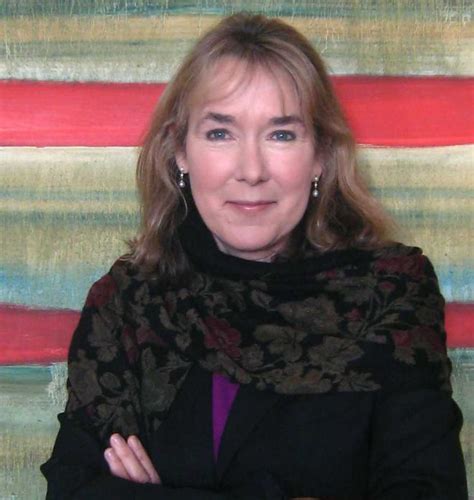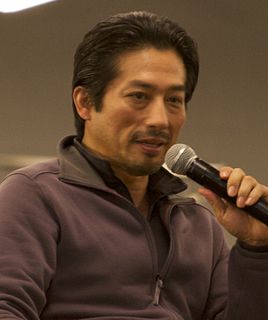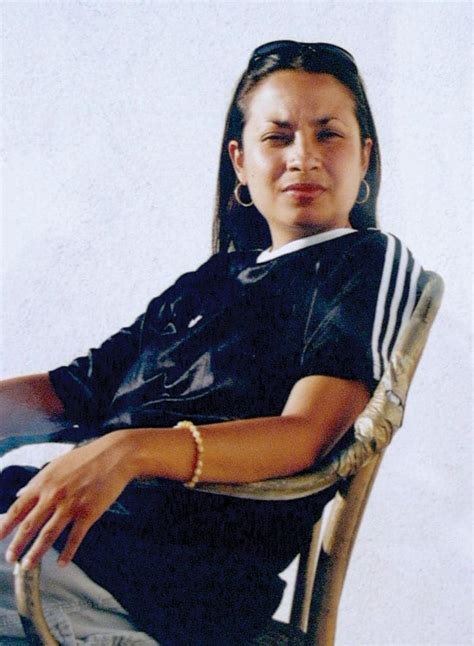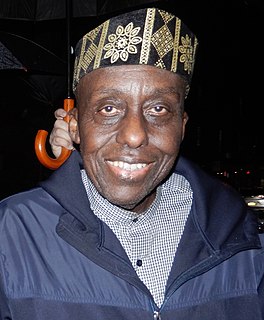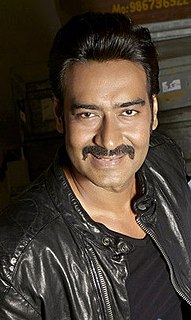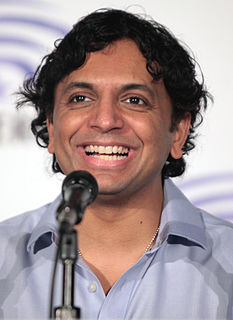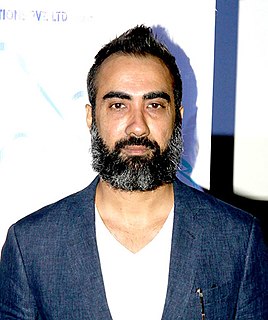A Quote by Duncan Jones
I think everything you do, whether it's low budget things when you're first starting out or full feature films or when you're working with Hollywood, you're always learning, all the time.
Related Quotes
People talk about the difference between working on stage and working on film. I think you could say that there are as many differences between working on low budget films and working on big budget films. You really are doing the same thing, but at the same time you're doing something vastly different as well.
The difference between working on Asian and American films is in the producer and director; everyone has their own style. But, Hollywood has a lot more money; they can spend a lot on films, and time. In Europe, there's a small budget and thinking about commercial. Only budget and taste is different between there and Hollywood.
As soon as I finished film school I was thinking about, how do I get to feature films? It took about eight years, and I'm still working. Feature films was not the end goal. Feature films was one of the stages. Getting to the point of the Coen brothers or Tarantino, where you're writing your own material and have the budget to do it properly, that's the end goal, and I'm close to that.
When I said that something was going to cost a certain amount of money, I actually knew what I was talking about. The biggest problem that we were having on the financing front was people with lots of money saying "you need more money to make this film [Moon]," and us saying "no this is the first feature film we want to do it at a budget where we sort of prove ourselves at the starting end of making feature films; we can do this for $5 million." That is where the convincing part between me and Stuart came, we had to convince people with money that we could do it for that budget.
I think I entered the market around the time when there was getting to be less snobbery about the difference between feature films and television. I think there's been a lot more receptivity on television to interesting adult stories that in the '60s and '70s would have been made into feature films. I have no problem jumping back and forth. If anything, I find it less restrictive working in television.
I think one of my favorite things about making low budget movies is that when you get into expensive moviemaking territory, it's almost impossible not to reverse engineer the movies. It's irresponsible not to think about the result and the financial result. But when you make low budget movies, you can put that out of your head.


